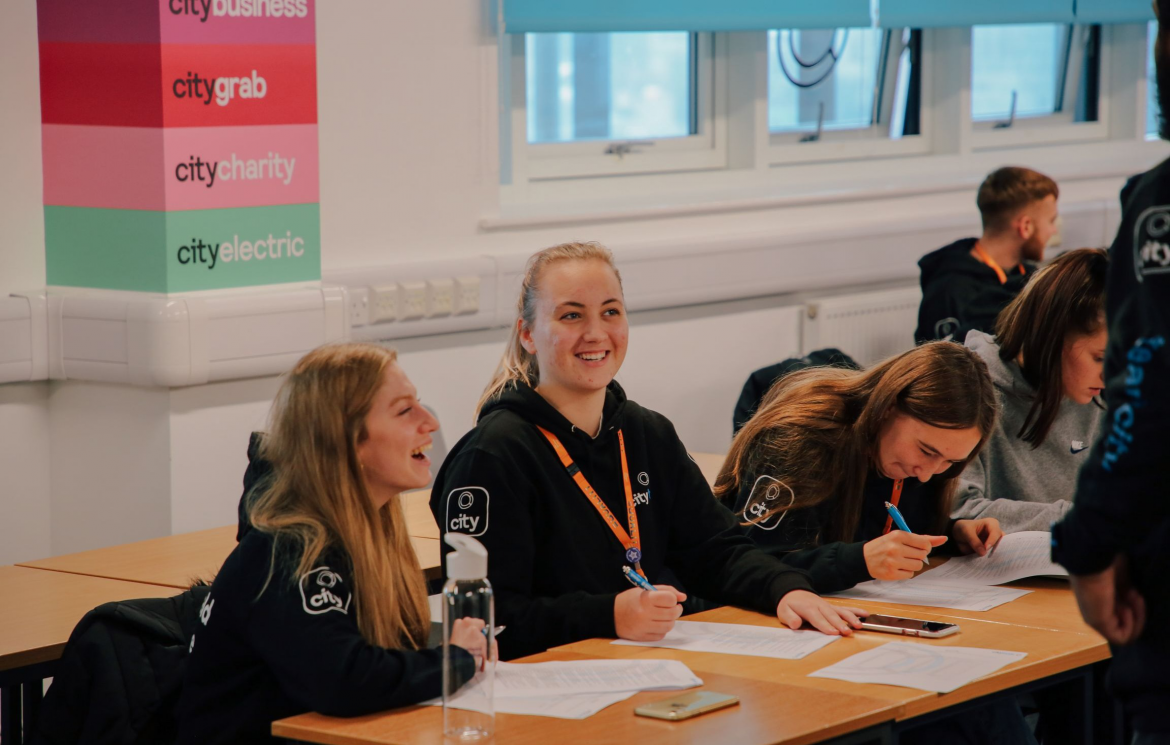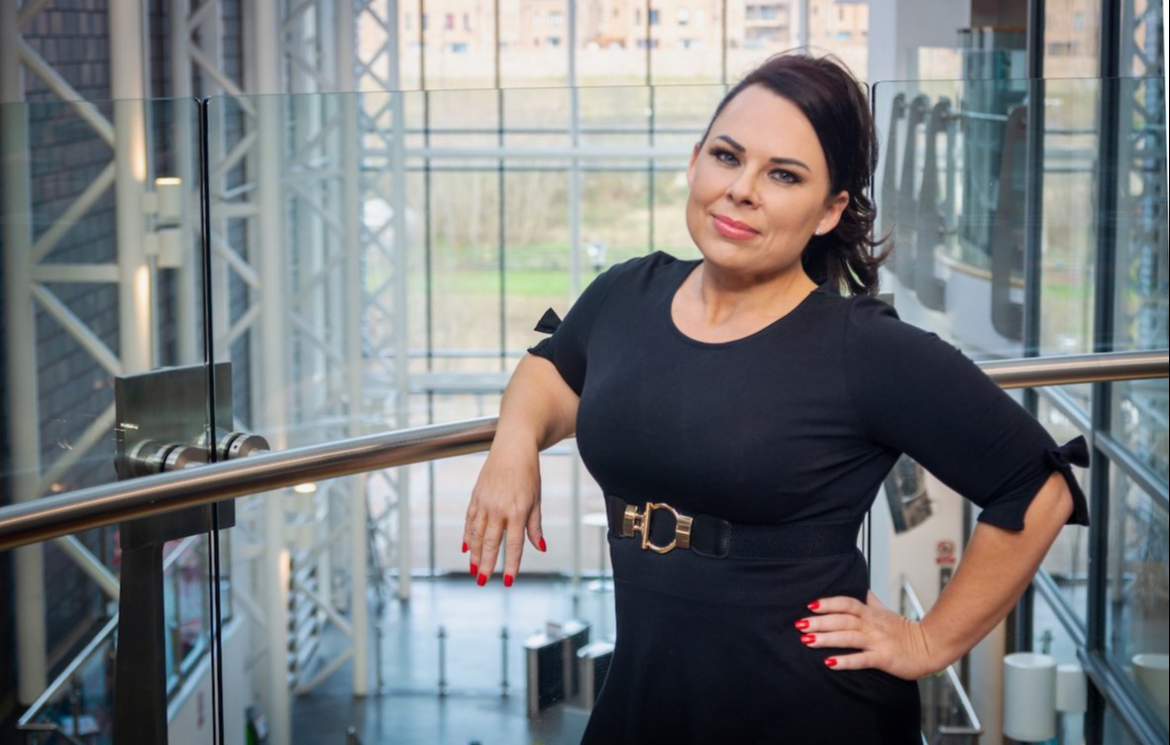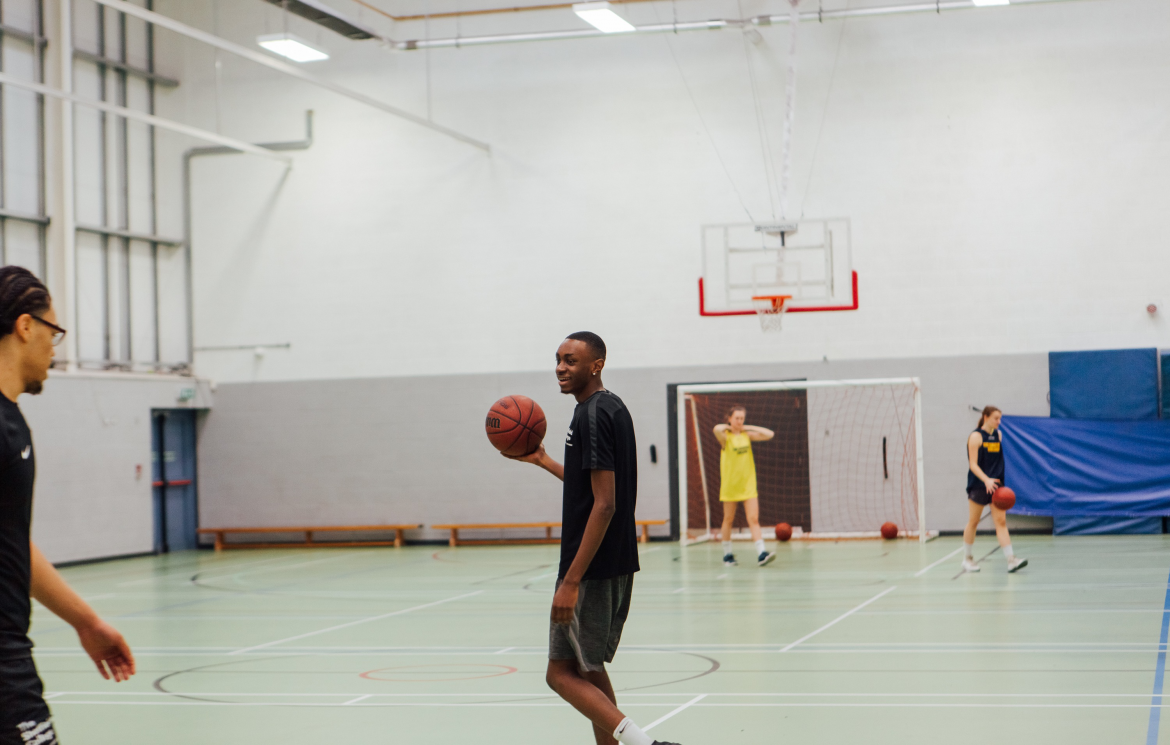
Self-assessment
All you need to do is write down a list of your knowledge, skills, and interests. By doing this it allows you to see where you are currently and examine how where you are relates to your career goals. A few examples could be:
- organisation
- time management
- good communication
- work well in teams as well as individually
- attention to detail
- passionate about X, Y, Z and so on
Along with the above, talk about an example or scenario where you have put these skills into practice.
Not sure what career you want but are aware of your knowledge, interests, and skills? Come along to our next sector-specific Open Day to speak to one of our careers advisors. Alternatively, if your preferred Open Day has already passed, you can contact them on CEIAG@sheffcol.ac.uk.
Goals
Have you heard of SMART goals before? We bet you have! By setting SMART goals you are providing yourself with a clear vision of where you are, where you want to be and what you need to do.
When setting out your personal goals in your professional development plan it’s best to make sure that they are:
Specific – be clear about what it is that you want to achieve, for example, “by the end of July I want to have achieved all my target grades ready to start college or sixth form in September”
Measurable – note down when you are making progress as proof you’re moving closer towards your end goal. E.g., “I’ve just had my application accepted for the course I want to study at college, my next steps are to prepare for an interview”
Achievable – set goals you know you can reach within a reasonable timeframe; this will help to keep you motivated and focussed. An example could be, “I’ll practise my interview questions at least 3 nights a week ahead of my interview”
Relevant - are the goals you’ve set yourself relevant? All your goals should sit in line with what it is you want to achieve. Start by thinking about why the goal is important, why you need it and how it will help contribute towards your success, this will help you to decipher whether it is relevant or not
Timing- Setting goal timeframes can help you to prioritise workload and keep you motivated, it also allows you to reach your goals within a timely manner. If you don’t reach your goals within your set timeframe it’s worth evaluating why this might have happened. It may be that the timeframe you gave yourself was unrealistic or that you ran into unexpected roadblocks. However, if this does happen, don’t let it discourage you in continuing on your journey!
Strategy
Once you’ve identified your goals, you then need to figure out how it is you will achieve them. This is where strategy comes in! There are various approaches you could take such as:
- learn by doing
- learn from others
- education or training
- volunteering
It all just depends on how you learn best and how much you need to learn to achieve your goals. If you require support, our Learning Resource Centres have all the tools and resources you will need to reinforce, enrich, and develop your knowledge and skills. Click here to find out more. You can also visit our Learning Resource Centres in the flesh at our next sector-specific Open Day, book your place here.
Evaluation
Now that you know what it is you need to do to reach the goals set out in your professional development plan it’s time to think about and tick off the skills you are already accomplished in. It’s important to know your strengths so that you can clearly outline what it is you need to work on in order to move forwards.
So, as you can see once you’ve mapped out all your career goals you can then start making the right decisions towards achieving them. It really is that simple and we’re here to support you every step of the way!
If you need more careers advice and support or information on creating your own professional development plan, come and talk to us at one of our sector-specific Open Days where you can speak to a member of our Careers Advice Team.

